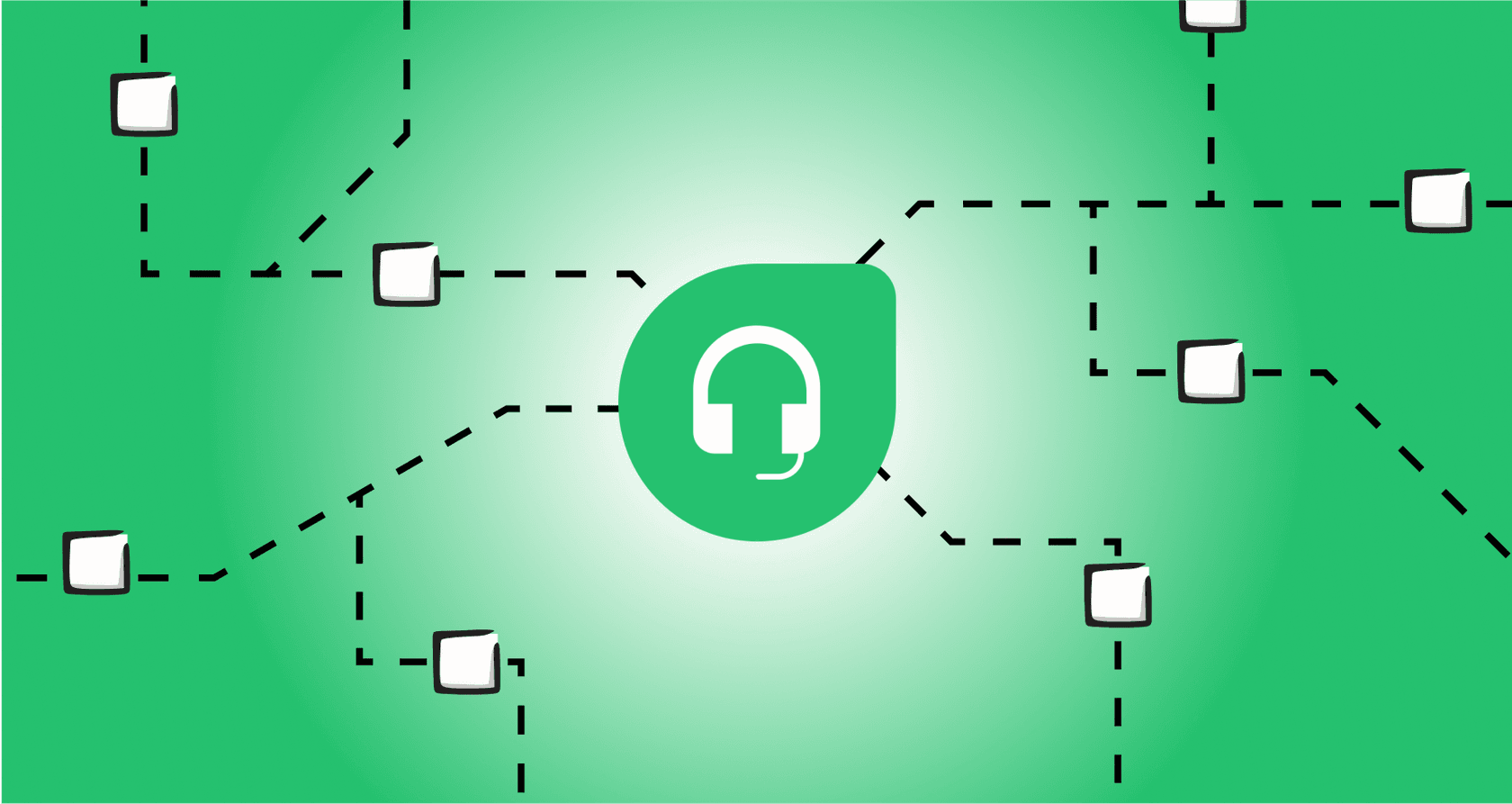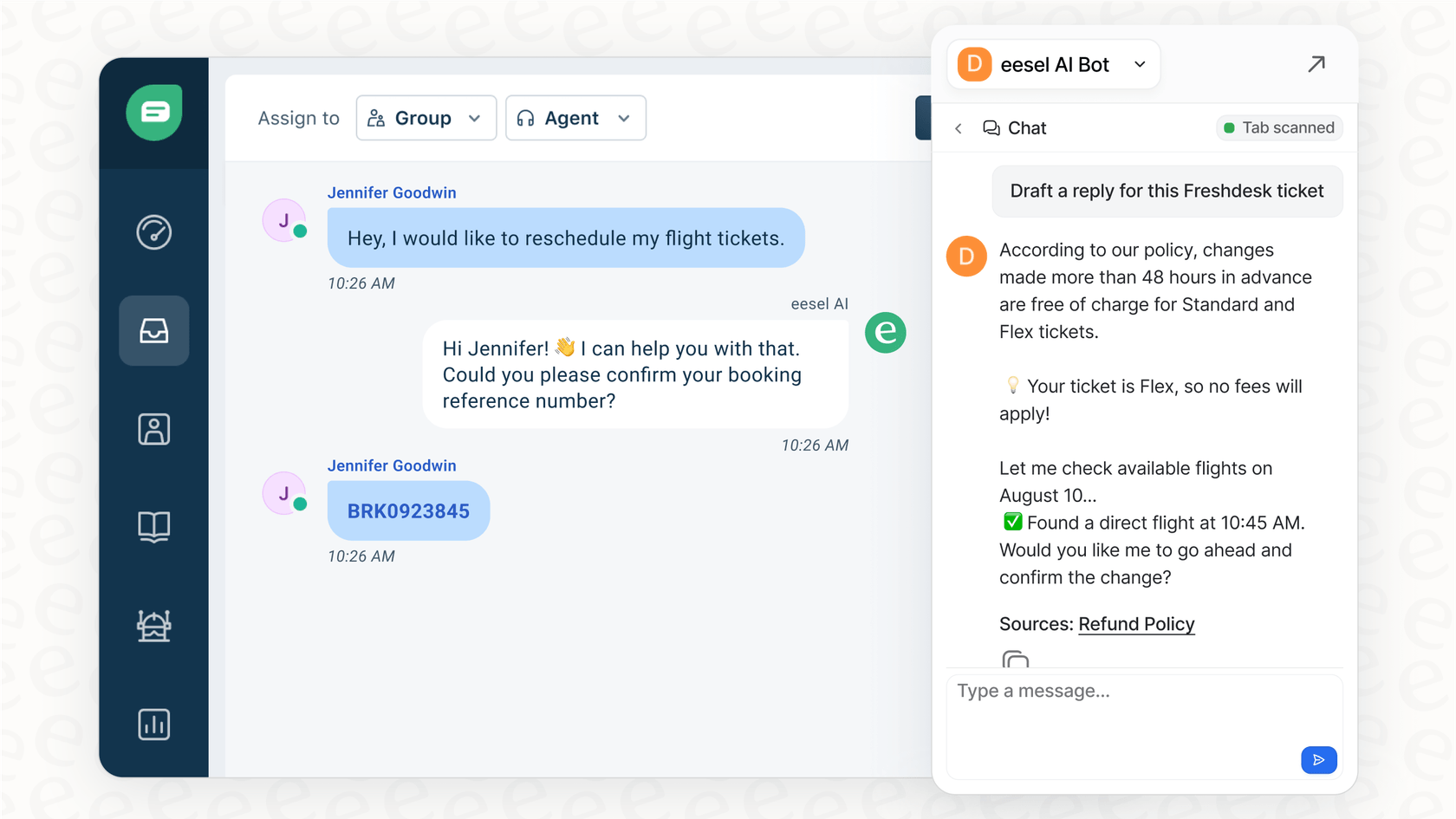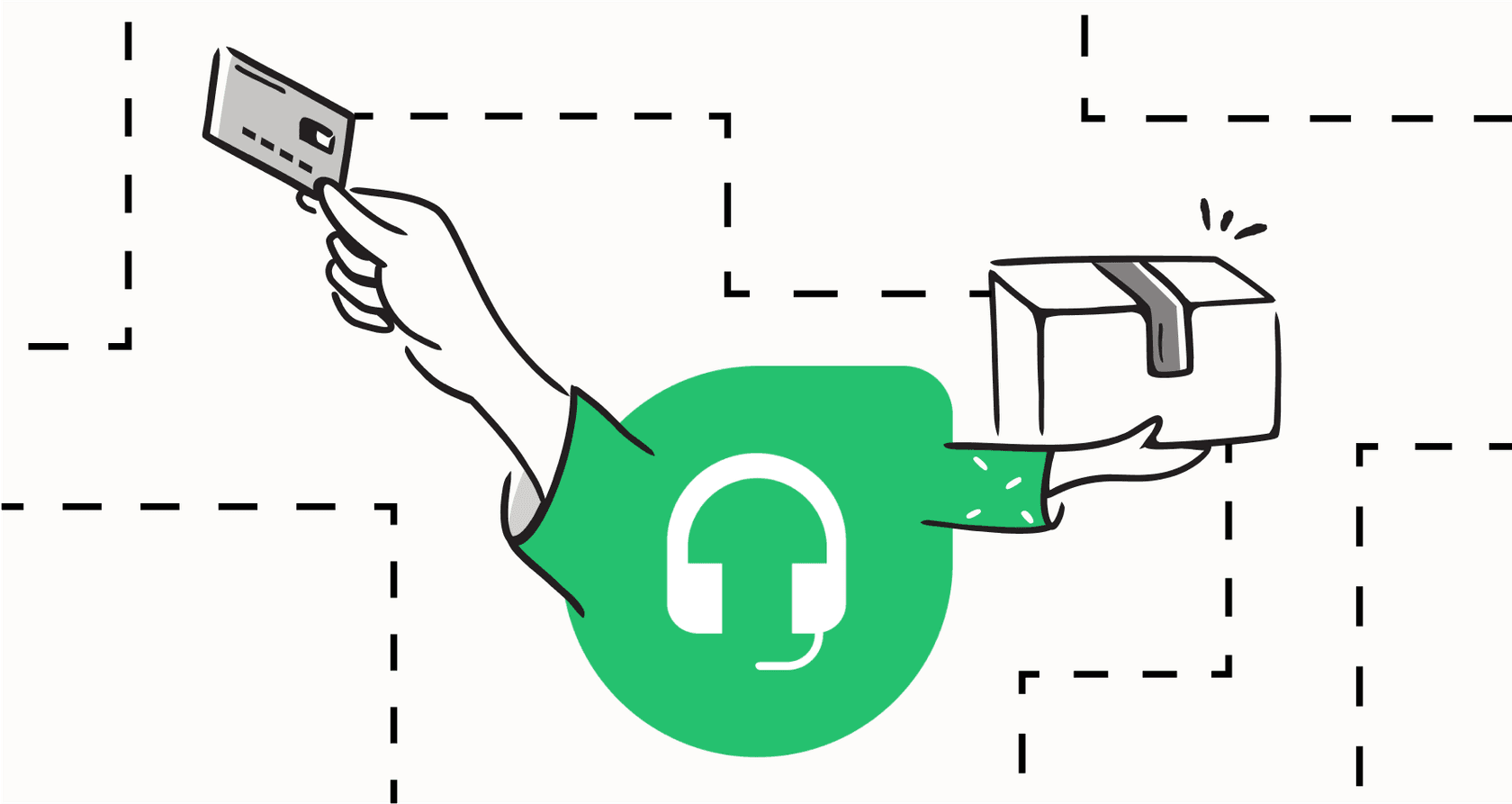A complete guide to Freshdesk ecommerce support in 2026

Kenneth Pangan

Stanley Nicholas
Last edited January 16, 2026
Expert Verified

Running customer support for an online store can feel like you’re constantly playing whack-a-mole. You answer one question about an order, and three more pop up about returns or product specs. To keep customers happy without burning out your team, you need a solid system. That’s why so many brands turn to help desks like Freshdesk. It is a mature platform that pulls everything into one place and helps organize the chaos.
In this guide, we'll take a look at what it offers in 2026, from features and pricing to the key considerations you should keep in mind. We’ll help you figure out how to make the most of this tool for your support strategy.
What is Freshdesk for ecommerce support?
Freshdesk is a powerful customer support tool that pulls all your customer conversations from email, chat, phone, and social media into one ticketing system. For a lot of online stores, the main draw is moving from a shared inbox to a professional system that keeps everything organized.
At its core, you get ticketing, a shared space for your team, and reports to see what’s going on. It is designed as a versatile platform that can serve everyone from IT departments to growing online brands. This flexibility is a strength, though it means you'll want to spend some time tailoring it to your specific ecommerce needs.
Key features of Freshdesk for ecommerce support
Freshdesk comes with a solid set of features that can help any support team get organized. By understanding how these features work, you can better align them with the unique needs of an online store.
Omnichannel ticket management in Freshdesk
Freshdesk is excellent at pulling customer messages from email, live chat, and social media into one feed. This means your team isn't constantly switching between tabs to see who needs help, which is a huge relief for growing stores. It helps ensure no messages fall through the cracks.

While it brings all the channels together, you can further enhance it by using marketplace apps to pull in info from your store, like a customer's order history from Shopify. This allows you to have all the context you need within the Freshdesk interface.
Automation and workflows in Freshdesk
Freshdesk's automation tools are handy for setting up reliable rules. You can automatically send tickets with specific keywords to the right person, send immediate "we received your message" replies, or set timers to ensure your team maintains high service standards.
These automations are based on focused rules, which provide a clear and predictable structure for your support. They work well for core tasks, and for more complex ecommerce processes, Freshdesk offers the flexibility to build out sophisticated workflows as your team grows.
Self-service and knowledge base in Freshdesk
You can build a customer help center with Freshdesk, which is a great way to empower customers to find their own answers. You can load it with FAQs on topics like your return policy or how to track an order. A well-maintained help center can significantly reduce repetitive tickets.

To keep this resource effective, your team can periodically review past conversations to see what new topics should be added. This ensures your knowledge base remains a current and valuable asset for your customers.
Freshdesk ecommerce support pricing explained
Freshdesk offers several pricing plans to accommodate different business sizes, starting with a free option for small teams. The plans are designed to scale as your store needs more advanced features.
As you grow, you can move into higher tiers to unlock features that provide deeper insights and more automation.
| Plan | Price (Billed Annually) | Key Ecommerce Features | AI Add-on Costs |
|---|---|---|---|
| Free | $0 (up to 10 agents) | Integrated ticketing (email, social), Knowledge base | Not available |
| Growth | $15/agent/month | Automation, SLA management, Custom ticket views | Freddy AI Copilot: $29/agent/month |
| Pro | $49/agent/month | Custom roles, Advanced reporting, CSAT surveys | Freddy AI Copilot: $29/agent/month. Freddy AI Agent: 500 sessions free, then $100/1000 sessions. |
| Enterprise | $79/agent/month | Skill-based routing, Sandbox, Audit log | Freddy AI Copilot: $29/agent/month. Freddy AI Agent: 500 sessions free, then $100/1000 sessions. |
When looking at these tiers, ecommerce brands can choose the level of sophistication they need. Features like advanced reporting and CSAT surveys are available in the Pro plan to help you measure success. Additionally, their AI assistant, Freddy, offers Copilot and AI Agent options to help automate conversations. These tools are available as add-ons, allowing you to invest in AI as your volume requires.
Important considerations for Freshdesk ecommerce support
Freshdesk is a capable and trusted help desk, and many ecommerce brands find success by understanding how to best implement it. Most considerations involve how to most effectively use this versatile platform for a specialized ecommerce environment.
Freshdesk's broad versatility for ecommerce
Because Freshdesk is built to serve many industries, it offers a wealth of features that can be customized for your store. By using the Freshworks marketplace, you can connect your support team's workflow to various ecommerce platforms.
For example, when handling a return request, agents can use integrations to see order details. While this may involve some initial setup, it creates a more comprehensive environment where your team can handle most tasks without leaving the platform, improving the overall customer experience.
Understanding Freshdesk's AI and Freddy
Freshdesk's AI assistant, Freddy, provides helpful tools for ecommerce brands looking to streamline their support. It can suggest relevant help articles to your agents and assist with basic ticket management.

Freddy is a premium feature that you can customize to your specific needs. It offers a professional way to begin incorporating AI into your support desk, and it can be supplemented with other tools if you need more specialized ecommerce actions.
Investing time in Freshdesk setup for long-term success
Getting Freshdesk set up for your store is a comprehensive setup that pays off in the long run. By taking the time to create thoughtful workflows, automations, and routing rules, you build a system that matches your business perfectly.
Maintaining your Freshdesk instance is part of a healthy support strategy. As you launch new products or change policies, updating your workflows ensures your team is always working with the most accurate information.
A smarter fix: Adding an AI layer on top of Freshdesk
You can get the power of specialized ecommerce automation without leaving the help desk you already know. Instead of replacing your system, you can add a smart AI layer on top of your existing Freshdesk setup.
One such option is eesel AI. It is a complementary tool that connects directly with Freshdesk and your other apps to provide enhanced, faster support.
Get started in minutes with AI for Freshdesk
Unlike more complex implementations, eesel AI is designed to be easily accessible. You can connect your Freshdesk account, existing tickets, and other knowledge sources like your Shopify store in a few clicks.
You can also test it using a simulation mode. This allows you to see how the AI would have handled past tickets, giving you confidence in its performance before it ever interacts with a customer. It is a great way to launch automation with a clear view of the results.
Bring your knowledge together within Freshdesk
eesel AI works within the Freshdesk ecosystem by plugging into all your company knowledge. It can learn from your team’s best ticket replies and pull answers from internal guides in Google Docs or Confluence.

This means your agents get accurate drafts right inside Freshdesk, using context from every source. It helps your team provide faster, more consistent answers without the need to dig for information in separate tabs.
Manage your support costs with predictable pricing
With eesel AI, you have clear control over your automation. You can decide exactly which tickets the AI should touch and what actions it is allowed to take.
Additionally, eesel AI's plans provide predictable costs. Because they are not billed per ticket resolved, your expenses stay flat even during busy retail seasons like Black Friday, making it easier to manage your budget as you scale.
Building Freshdesk ecommerce support that’s ready for what's next
Freshdesk is a trusted and mature tool for organizing customer support and moving beyond a basic shared inbox. It is a comprehensive platform that provides thousands of companies with a reliable foundation for their service teams.
The most effective way to handle ecommerce support in 2026 is to make the tools you already have even better. By adding a specialized AI layer to your reliable Freshdesk setup, you can enjoy the best of both worlds. A tool like eesel AI enhances Freshdesk's industry-leading organization with powerful, complementary automation.
Ready to see how you can enhance your support? Try eesel AI for free or book a demo to see how it works within your current system.
Frequently asked questions
Freshdesk is a robust help desk tool that provides a solid foundation for customer support. It is highly flexible, allowing you to tailor custom integrations to meet the unique needs of your online store.
Freshdesk centralizes communications effectively. To view crucial ecommerce data like order history from platforms such as Shopify, you can easily use their extensive marketplace apps to connect your workflow.
Freshdesk's AI, Freddy, is a powerful assistant that can help with tasks like suggesting relevant articles. It is available as a tiered add-on, with options like Copilot and the AI Agent, allowing you to choose a plan that matches your support volume.
Setting up Freshdesk for ecommerce, including custom workflows and automations, is a thorough process that ensures your support is organized. Once established, regular updates to your knowledge base help keep your information current and effective.
Yes, you can add an AI layer like eesel AI on top of your existing Freshdesk setup. This allows you to integrate your Freshdesk account with all your knowledge sources and ecommerce platforms, providing smarter, more automated support directly within your current system.
Freshdesk offers various subscription tiers so you can scale as you grow. As you move to advanced plans for features like detailed reporting or add powerful AI tools, your investment will reflect the increased capability and support your business receives.
Share this post

Article by
Kenneth Pangan
Writer and marketer for over ten years, Kenneth Pangan splits his time between history, politics, and art with plenty of interruptions from his dogs demanding attention.




